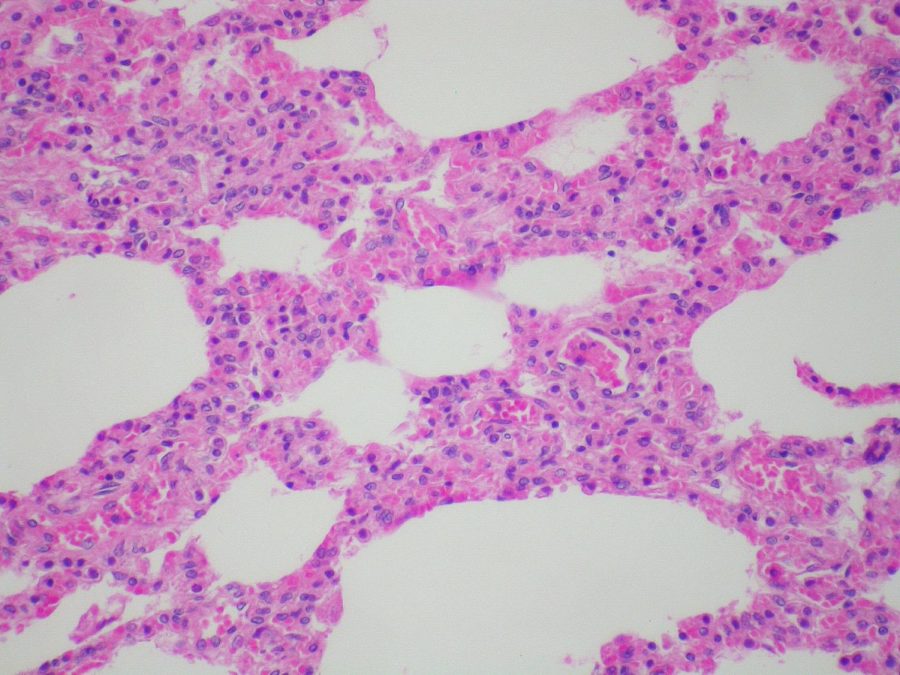RSV Virus Surges
November 3, 2022
Respiratory Syncytial Virus (RSV) is an incredibly dangerous virus in infants that sees an annual uptick in cases during the winter months. But to the surprise of numerous virologists and pediatricians across the nation, 2022’s RSV virus surge came in mid-October, two months before its expected return date, and as a result, has hit unprepared hospitals much harder than usual, with pediatric doctors reporting that “their hospital bed capacity was strained due to a sudden influx of RSV patients” as of Oct. 14. Fearful parents, hospitals, and nurseries across the nation are on high alert.
Despite the global boost in water (hand-washing), sanitation, and hygiene (WASH) resulting from the COVID-19 pandemic, the RSV surge is keeping hospitals so busy that several doctors have reported treating patients that traveled from distances of over 100 miles away to find a hospital vacancy.
Hospitals have “experienced a higher volume of patients in September than ever recorded, many of whom had RSV,” said Dr. Charlotte Boney, pediatrician-in-chief at Baystate Children’s Hospital in Springfield, Massachusetts. She also mentioned “pediatric ICU was closed to new patients on Wednesday because no beds were available.”
“In mid-October, an epidemic of RSV is basically unheard of in San Diego,” added Dr. John Bradley, medical director of infectious diseases for Rady Children’s Hospital.
“This virus is very concerning,” said junior Emily Luo. “After the COVID-19 pandemic, health has become a huge priority for my family.”
“Viruses, especially those that get to the pandemic level, have the potential to wreak havoc on many people’s lives: their livelihoods, their health, and their families,” commented junior Patience Choi. Choi expressed concerns over the recent RSV outbreak, especially since she has two younger siblings and can empathize with the nation’s worried parents.
The situation is serious; the cause behind this untimely surge still remains unknown, and there is no surefire way to treat RSV. However, there are several doctors and companies doing all they can for afflicted families, and organizations are expediting the development of antivirals and vaccines at the behest of concerned doctors. One such antiviral by Pfizer is currently on clinical trial, which Dr. Bradley’s hospital will be participating in later this year. In the meantime, doctors are relying upon oxygen support and a monoclonal antibody called Synagis to ameliorate the effects of and prevent cases of severe RSV infection. So long as we address this outbreak as pragmatically and swiftly as possible, we can mitigate the damage and use it to educate ourselves on what to do in similar predicaments in the future.
Photo courtesy of WIKIMEDIA COMMONS

